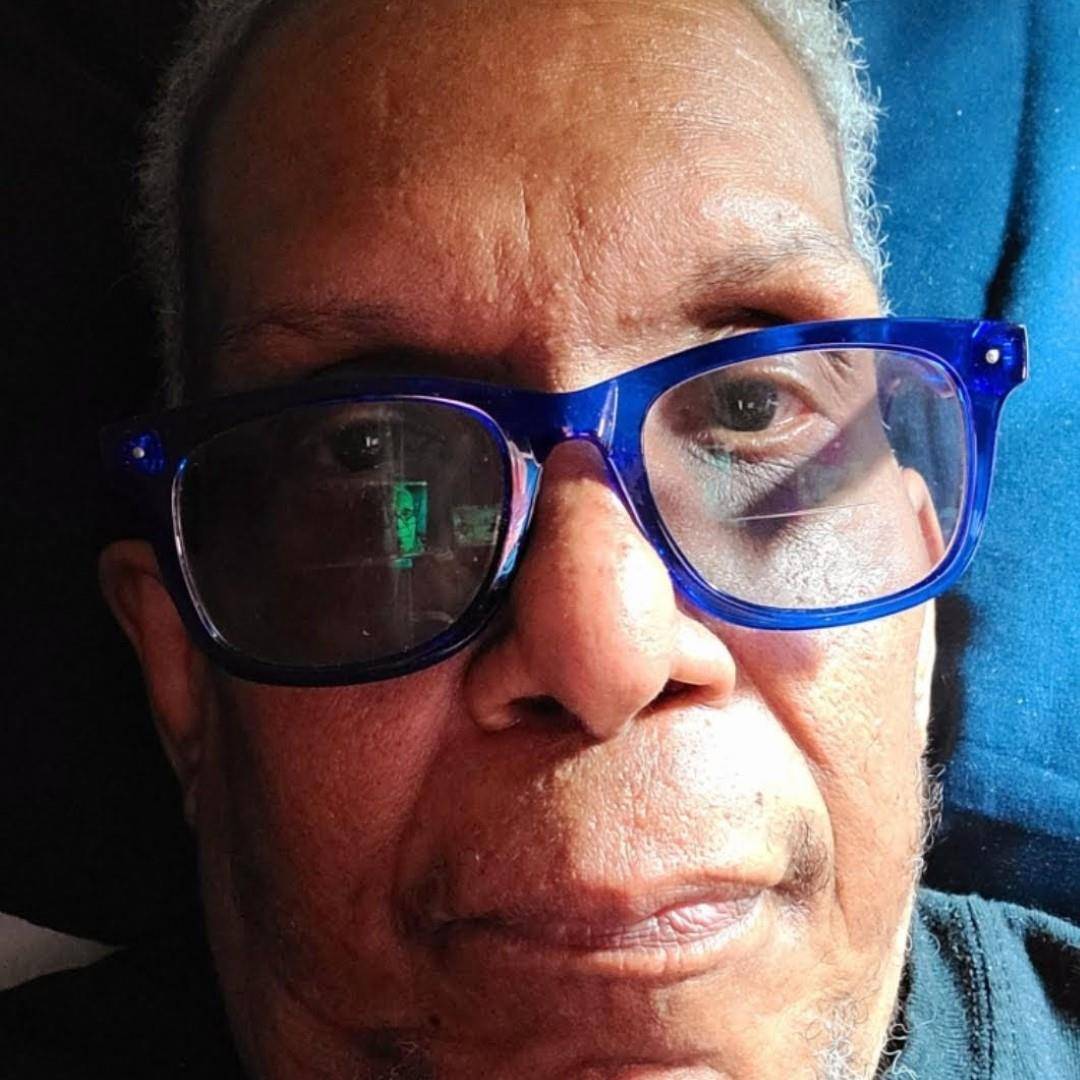HOW A MUSIC NFT AND A CAR VIN ARE THE SAME THING

Every car made around the world is made with a VIN (a vehicle identification number) that identifies the car as unique despite the fact that the vehicle has the same properties as any other car. Cars have the same colors, the same engine and every other part the only unique identifier is the VIN.
The move to digital products
In the old days music was sold on physical products called records or albums. Those albums or records were sold on vinyl and then on plastic discs called CDs but because you bought a physical product you thought you owned music when all you really owned was a piece of plastic or vinyl with the rights to listen or play the music on that record.
When MP3s were created music was stored as computer music files mp3s and music was no longer stored or sold on a physical device. The one thing MP3 didn’t spawn was an honest way for musicians to make a buck.
Music labels tried to secure mo3s but every attempt to secure an mp3 was eventually hacked and created free music products.
The end result, stores that once sold records no longer had any product to sell and stores that sold music ceased to exist and so did royalties from record sales.
How does Nft solve the problem?
An Nft is like registering your car but instead of registering the car with a government agency like the department of transportation you register your Nft on what's called the blockchain.
The blockchain has specific characteristics but it assigns what's called a hash number which identifies that Nft as unique.
Along with the hash number that identifies the music as unique (like the VIN does for your car), the blockchain is transparent, which means that nft’s or transactions on the blockchain can be seen or viewed using a blockchain explorer.
Transactions on the blockchain are also immutable. Immutable means that transactions (by the way you're in Nft is called a transaction) can only be added, transactions can't be deleted or changed on the blockchain. The blockchain data is immutable and can't be changed.
The transactions in the blockchain are secured because every node on the blockchain (a blockchain consists of a series of nodes or computers) has a copy of the blockchain. So, the blockchain is duplicated on computers around the world and because there are so many duplicates of the blockchain it's impossible to modify the transaction because of the way the hash is constructed.
So, the blockchain creates a unique hash for your Nft, ensures your Nft is secure by having it on the blockchain on multiple nodes, and the blockchain data is transparent in that it can be inspected or seen using a blockchain explorer.
So in that way an Nft is unique because it's assigns a unique hash for each Nft and the hash is like the VIN on your car.

About Dwight Miller
With a dynamic career spanning the realms of technology and music, I've established myself as a pioneering entrepreneur at the intersection of innovation and creativity.
Beginning in the computer industry, I honed my skills as a computer engineer and educator, notably training engineers at Cape Canaveral and immersing myself in the cutting-edge world of technology. Transitioning to the music industry, I co-founded PKB Arts & Entertainment, producing iconic events such as the St. Lucia Jazz Festival and collaborating with legendary artists including Carlos Santana, Luther Vandross, and Patti Labelle.
Amidst the challenges of the pandemic, I delved into blockchain technology, aiming to revolutionize the music industry by empowering musicians through Web3 technology. My vision is to create a more equitable and sustainable music ecosystem, where artists thrive and technology serves as a catalyst for positive change. As I continue to navigate the ever-evolving landscape of entrepreneurship, I remain committed to driving progress and leaving a lasting impact on both industries.
